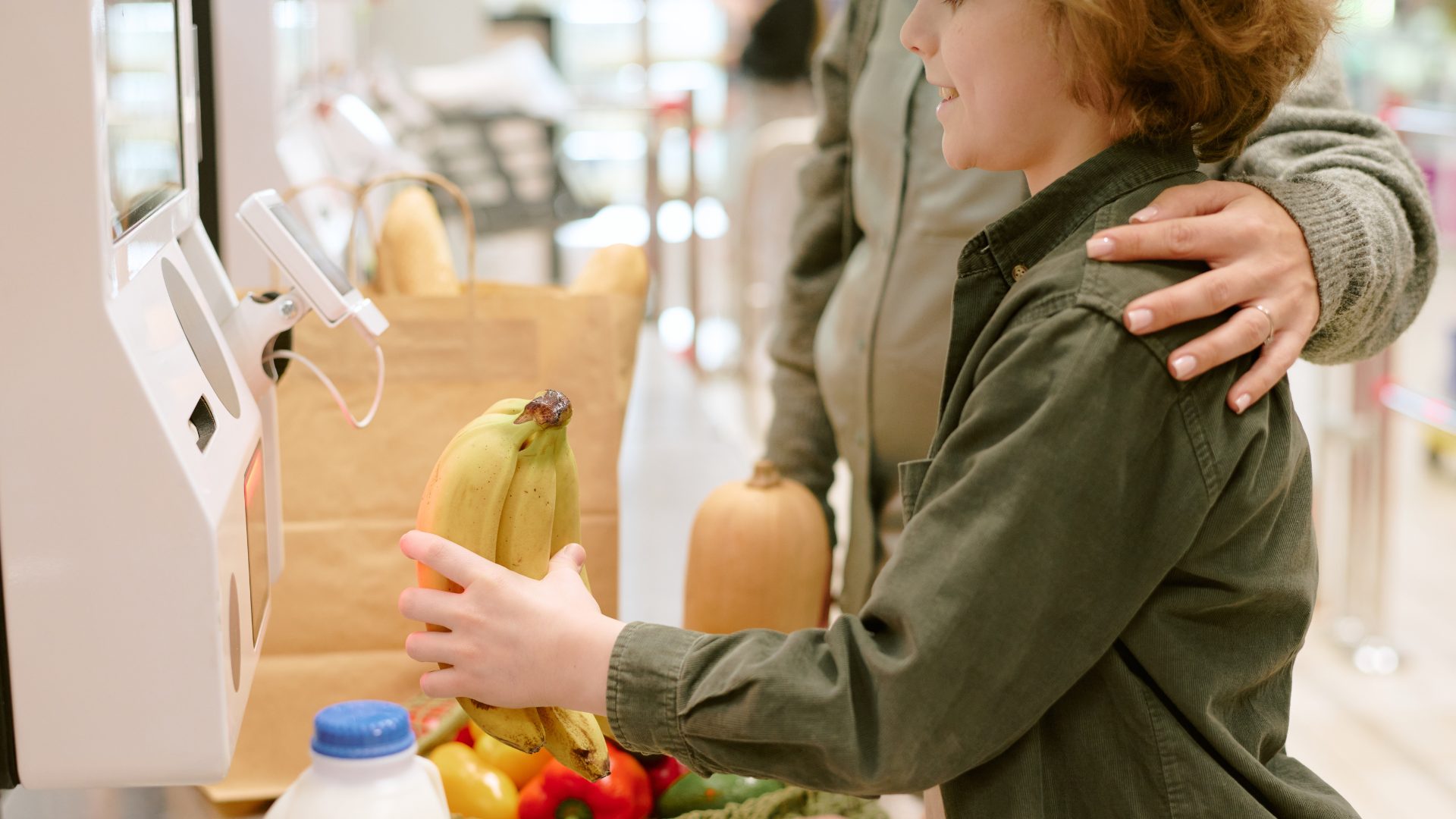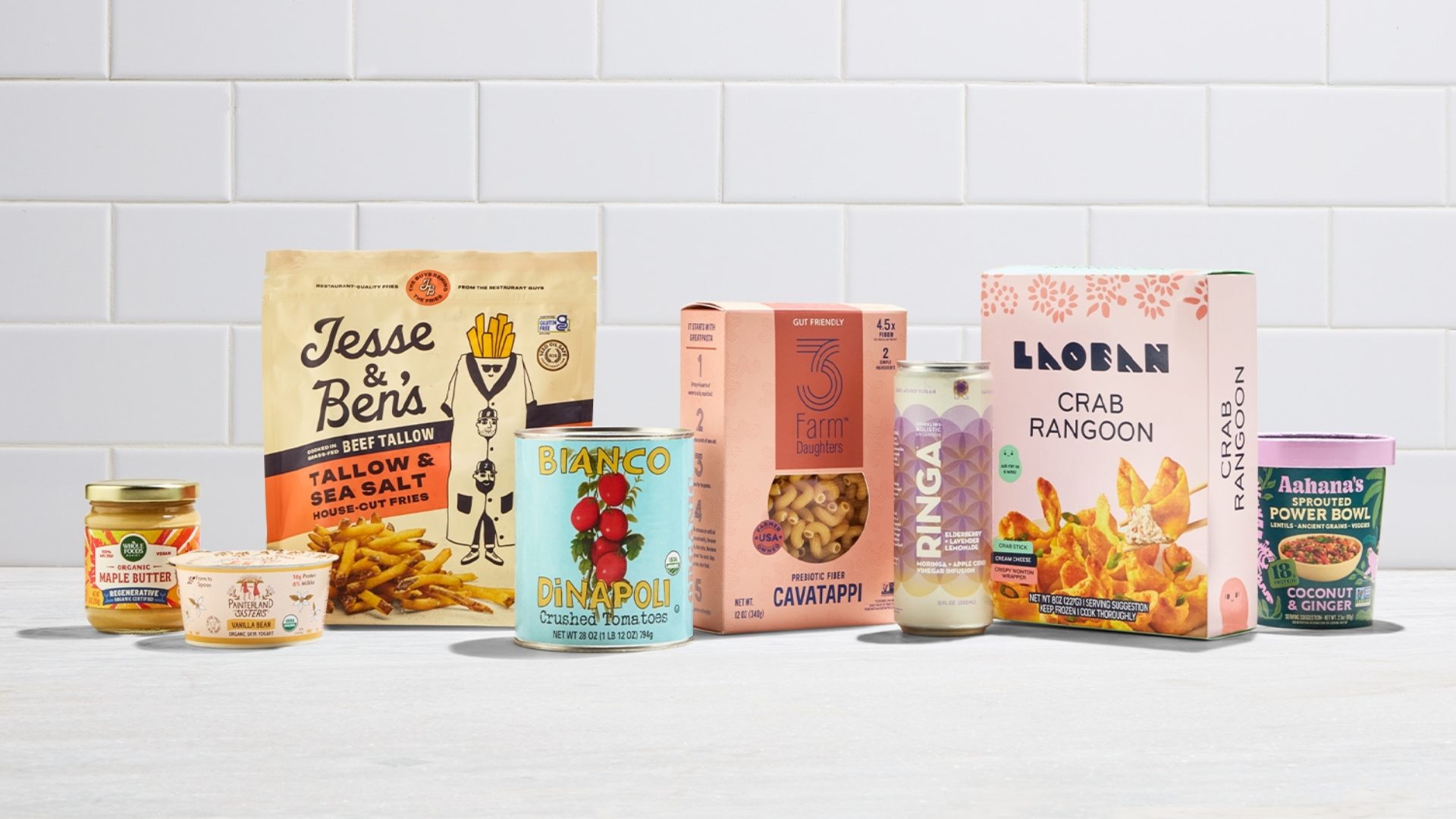Following industry concerns of grocery price increases brought on by the Trump Administration’s reciprocal tariff policy, recent rollbacks were announced for key food items, including beef, coffee, bananas, and more than 200 other foods.
According to the White House, some of the additional products no longer affected by these levies include tea, tropical fruits and fruit juices, cocoa and spices, oranges, tomatoes, and “additional fertilizers.” Some fertilizer tariffs were rolled back in previous amendments to the original executive order, while others were never subjected to tariffs in the first place.
Industry Reactions
Consumer Brands Association president and CEO Melissa Hockstad quickly emphasized her support for the decision, highlighting that it acknowledges the need for the U.S. to import items that are unable to be grown domestically.
“Building on this common-sense step, it is imperative that we continue to assess other types of critical inputs that are not readily available in the U.S., like palm oil and other products on Annex III, as well as tin mill steel used to make food and aerosol cans,” Hockstad said.
Like Hockstad, National Restaurant Association president and CEO Michelle Korsmo urged President Trump to take additional action on alcohol, supplies, and equipment that are essential to hospitality industry functions.
“This action will help keep menus diverse and prices reasonable, which is good for families and great for local businesses,” Korsmo said.
The National Restaurant Association provided additional insight into restaurant industry implications, noting how the relief comes at a time when away-from-home food costs have risen by nearly 40% over the past four years.
The U.S. Chamber of Commerce also celebrated the rollback. The Chamber recently sent a letter proposing tariff relief to the current administration.
EVP and chief policy officer Neil Bradley entreated leadership to go further:
“We encourage the administration to build on today’s announcement and provide additional tariff relief for other products not readily available from domestic sources and in instances where tariffs threaten American jobs. We also urge the administration to provide tariff relief for the more than 236,000 small businesses who import into the United States.”
The Food Industry Association also commended the decision, with president and CEO Leslie Sarasin commenting on how tariffs play an important role in the complex grocery supply chain.
The decision plays a critical role in enhancing in-store affordability, she said.
“Today’s action should help consumers, whose morning cup of coffee will hopefully become more affordable, as well as U.S. manufacturers, which utilize many of these products in their supply chains and production lines,” she said.
On the topic of coffee, National Coffee Association CEO Bill Murray also noted how the decision eases cost-of-living pressures for the majority of Americans who rely on the commodity.
The Bigger Picture
The latest government data showed that coffee prices increased 18.9% year-over-year in October. This shift compelled congress to consider the bipartisan No Coffee Tax Act, intended to remove tariffs on coffee imports to bring down prices.
But the decision is about more than coffee—other key markets where the U.S. relies on foreign trade continue to push up grocery prices.
In October, beef prices were up 14.7% over the period, and bananas increased 6.9%. Now, these commodities are expected to receive some much-needed relief in the coming months.
Trump’s recent order follows an additional tariff rollback earlier this month on food products from Argentina, Ecuador, Guatemala, El Salvador, and Switzerland given these countries agree to certain trade policies. The White House also developed nominal tariff agreement frameworks with Malaysia, Cambodia, Thailand, Vietnam, the U.K., and the E.U.
International farmers are likely to experience much-needed relief from these recent decisions. While E.U. farmers faced duties between 15-20% on agricultural items, Indian farmers were hit even harder with tariffs reaching as much as 50%, reported Reuters.
Ajay Sahai, director general of the Federation of Indian Export Organizations (FIEO), said that as much as $3 billion in exports will reap the benefits of these rollbacks.
“This order opens space for premium, specialty, and value-added products,” Sahai told Reuters. “Exporters who shift towards higher-value segments will be better protected from price pressures and can tap rising consumer demand.”
Surprisingly, despite tariff pressures at the time, India’s goods exports to the U.S. rose in October for the first time in five months, according to a recent report from BBC. The additional lifts, therefore, are expected to further ease trade tensions between the two countries.
Food for Thought Leadership
This Episode is Sponsored by: Performance Foodservice
How important is it as a food distributor to build a brand for foodservice – especially since consumers may never see or recognize it? Mike Seidel, vice president of procurement at Performance Foodservice Corporate, shares how the company views the development of its existing foodservice brands, including Roma and Contigo, and how they helped in the creation of its most recent Mediterranean concept Zebec.











